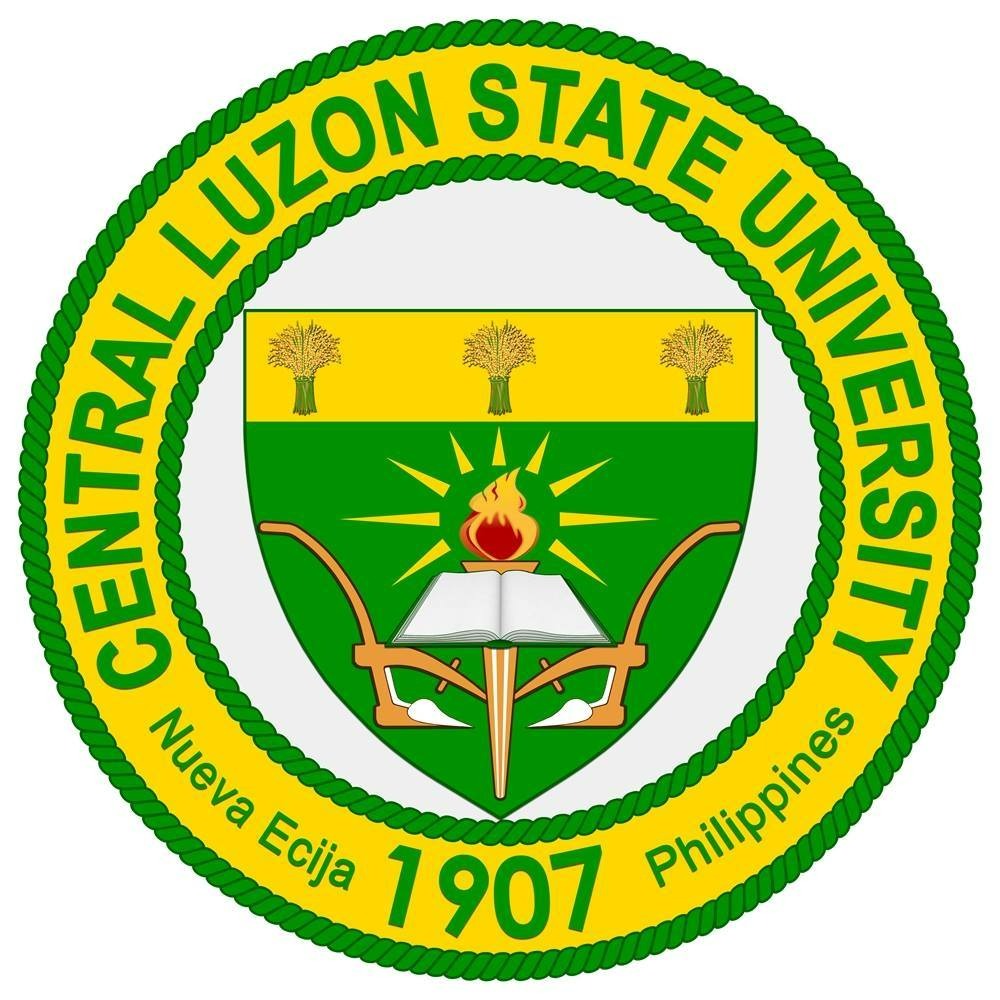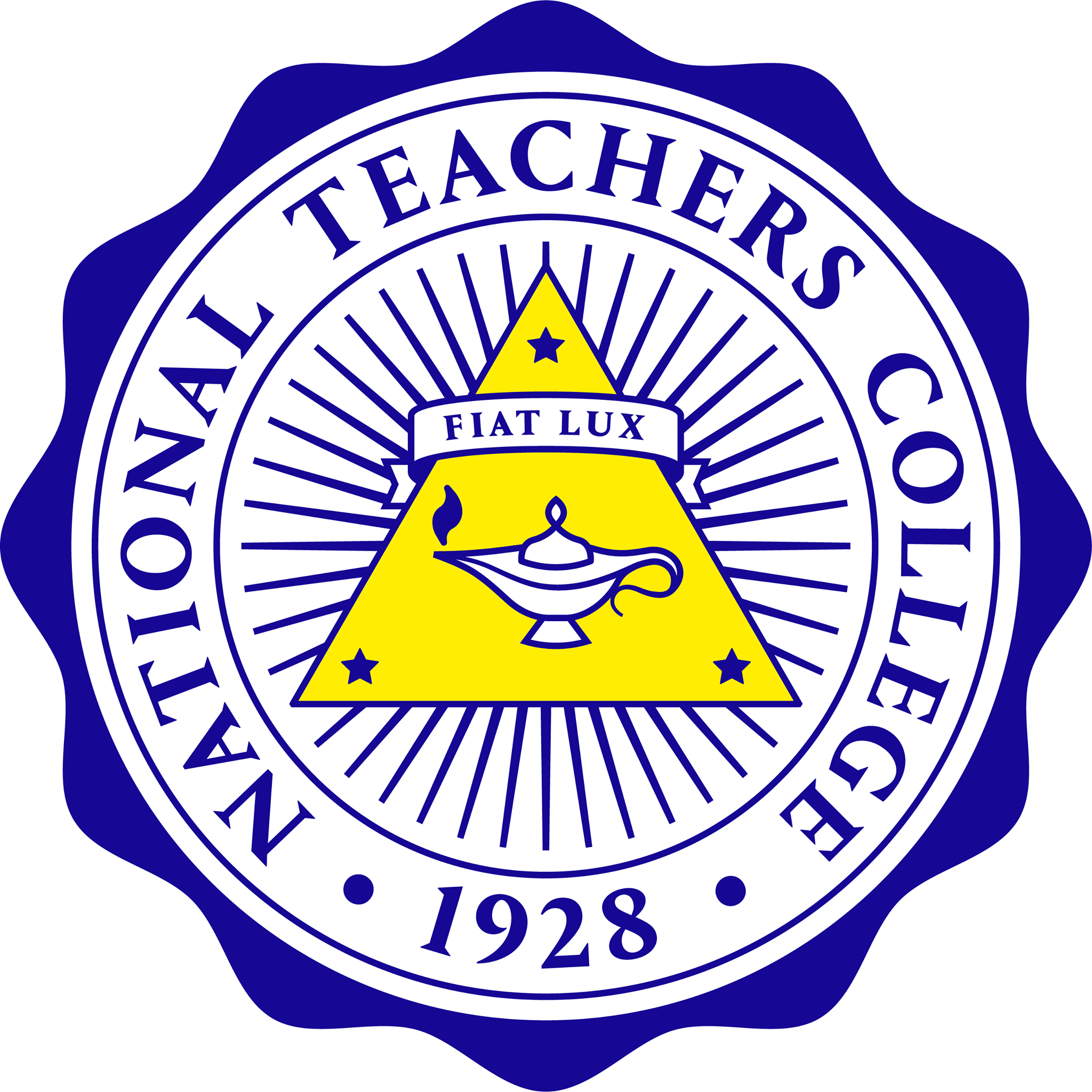PMVGO Evolution in Higher Education Institutions and Teacher Education Institutions

AREAS OF COMPARISON

CENTRAL LUZON STATE UNIVERSITY (CLSU)
Philosophy
The ultimate measure of the effectiveness of Central Luzon State University as an institution of higher learning is its contribution to and impact on the educational, economic, social, cultural, political, and moral well-being and environmental consciousness of the peoples it serves.
Vision
CLSU as a world-class National Research University for science and technology in agriculture and allied fields.
Mission
CLSU shall develop globally competitive, work-ready, socially responsible, and empowered human resources who value life-long learning; and to generate, disseminate, and apply knowledge and technologies for poverty alleviation, environmental protection, and sustainable development.
Core Values
Goals / Objectives
Central Luzon State University (CLSU), as an institution of higher learning, is committed and dedicated to providing lifelong learning opportunities and experiences among its stakeholders. It also aims to enhance the quality of life through these learnings as an ultimate goal, to engender life qualities to ensue satisfaction and happiness are desired.
Specifically, the university shall:
a. Ensure that benefits of formal, nonformal, and informal education, and discovery are made accessible, inclusive, and equitable to communities and stakeholders, regardless of ethnicity, religion, disability, and gender.
b. Provide a teaching and learning environment that supports transformative opportunities for critical and analytical thinking, character building, skills training, and leadership training where adequate facilities and resources are available and accessible.
Kind / Type of Educational Philosophy
Based on the provided information from Central Luzon State University's website, the educational philosophy of the institution can be classified as Progressivism with elements of Pragmatism.
Progressivism: This philosophy emphasizes the importance of real-world problem-solving, experiential learning, and the development of critical thinking skills. CLSU's focus on innovation, creativity, inclusiveness, transformative learning, and commitment to public service aligns with the principles of progressivism. For instance, the emphasis on providing opportunities for critical thinking, skills training, and leadership training reflects a progressive approach to education.
Pragmatism: Pragmatism emphasizes practical experience and the application of knowledge to real-world situations. CLSU's commitment to quality, excellence, efficiency, and effectiveness, as well as its emphasis on lifelong learning and the application of knowledge and technologies for poverty alleviation, environmental protection, and sustainable development, resonates with pragmatic principles. The university's focus on ensuring that education benefits are accessible and inclusive to all stakeholders, regardless of background, also reflects a pragmatic approach.
Social Responsibility
The Central Luzon State University is committed and dedicated to provide a holistic transformative education anchored on its mission statement and its institutional core values. As stated on its mission, the University shall develop globally competitive, work-ready, socially-responsible and empowered human resources who value life-long learning; and shall generate, disseminate, and apply knowledge and technologies for poverty alleviation, environmental protection and sustainable development

NATIONAL TEACHERS COLLEGE (NTC)
Philosophy
National Teachers College promotes learner-centered and industry-oriented education that enlightens the mind, strengthens the body, and builds character.
Vision
National Teachers College envisions itself to become the largest and most awarded teacher education institution in the country, offering additional programs relevant to emerging industries.
Mission
National Teachers College endeavors to transform society by enabling access to success through the fulfillment of personal and professional aspirations of its learners.
Core Values
Goals / Objectives
The National Teachers College is a premier education institution that develops top-level manpower skills. It seeks to further its philosophy, mission, and vision by imparting to its graduates a high degree of competence in their chosen career, and in their quest for the required specialized knowledge, training, and professional preparation for national and international endeavors.
In this age of convergence, NTC helps graduates excel in a just and equitable world, armed with wisdom, excellence, relevance, access, and effectiveness in the attainment of national productivity and world-class competitiveness. All courses are information technology enhanced with a wide variety of specializations for personal and professional growth.
Kind / Type of Educational Philosophy
Based on the information provided on the website, the educational philosophy of the National Teachers College can be characterized as a blend of several educational philosophies, primarily leaning towards Progressivism and Essentialism with elements of Humanism.
Progressivism: The emphasis on learner-centered education aligns with the principles of Progressivism, which prioritize the needs and interests of individual learners. The focus on personal and professional growth, access to success, and relevance to emerging industries reflects a progressive approach to education.
Essentialism: The commitment to industry-oriented education and the development of top-level manpower skills suggests an Essentialist perspective, which emphasizes a core curriculum of essential knowledge and skills that are relevant to the needs of society and the workforce.
Humanism: The mention of building character, enlightenment of the mind, and fulfillment of personal aspirations reflects a Humanistic approach to education, which prioritizes the holistic development of individuals and their well-being, including intellectual, physical, and moral aspects.
Social Responsibility
National Teachers College (NTC) champions a social responsibility ethos rooted in learner-centered and industry-oriented education, fostering holistic development encompassing intellectual enlightenment, physical fortitude, and character cultivation. Positioned as a vanguard in teacher education, NTC aspires to not only be the largest but also the most decorated institution in the Philippines, extending its offerings to embrace emerging industries. Central to its mission is the societal transformation it seeks to effectuate by democratizing success, empowering learners to realize their personal and professional aspirations.
REFLECTION
Exploring the Dominant Philosophical Foundations in the Two Educational Institutions
Diving into these two Higher Education Institutions (HEIs), it's fascinating to uncover how they share similar deep-rooted philosophical foundations. Considering that we are now in the 21st century, I believe the priorities of these educational institutions are about gearing folks up for the modern workplace.
When I sift through their mission and vision statements, I start to see this blend of old-school wisdom and forward-thinking strategies in each of their identities. Take the National Teachers College (NTC), for instance. They are all about honing the mind and shaping character through an education that's tailored to real-world demands. It is similar to how they are keeping the torch burning for the classic idea of Perennialism and Essentialism. On the flip side, Central Luzon State University (CLSU) is singing a similar tune. They are big on quality and excellence, stressing the essential knowledge and skills needed in today's education landscape. At CLSU, it's all about values like hard work, integrity, and effectiveness, mirroring those timeless Perennialism ideas of discipline and character building.
It is interesting because it's not all about ‘looking back’. These institutions are also firmly rooted in the ‘now’, embracing Progressivism like it's going out of style. CLSU is keen on inclusivity and holistic development, making sure every student gets the spotlight they deserve. Similarly, NTC is also knocking down barriers to education left and right, championing learner-centered approaches and aiming for big-time societal change.
In connection to that aspect of changing times, Constructivism now takes center stage in the world of education in general. These schools aren't just sticking to the old textbooks—they're diving headfirst into the digital age. Think info-tech courses, specialized knowledge galore, and a whole lot of emphasis on personal and professional growth. It's all about sparking creativity and critical thinking in students, letting them take the reins and shape their own learning journey.
Lastly, reconstructivism is also present in both institutions. CLSU is rolling up its sleeves for public service and tackling big issues like poverty and the environment head-on. Meanwhile, NTC is all about building a fairer, more competitive world, pushing for excellence with a global perspective.
To conclude, personally, it is quite (for lack of a better word) challenging to discern which philosophical foundation is dominant because there is no one-size-fits-all in every educational institution. The examples I have given were a mix of tradition and innovation, old-school values and modern thinking. It's the kind of educational cocktail that's shaping today’s learners into tomorrow's leaders, one curriculum at a time..
Reflecting on Psychological Foundations in My Educational Journey
During my elementary years, learning was like a big adventure. I remember how in math and language classes, influenced by Behavioral learning theories (Association and Behaviorism), we'd do lots of drills and exercises, but it wasn't boring at all because whenever I got something right, my teacher would give me a high-five or a sticker. It made me feel really proud of myself and excited to learn more.
Then there were these cool tools called graphic organizers, tied to Cognitivist learning theories (Cognitive Information Processing theory), that helped us understand tricky stuff like ecosystems. We'd draw these maps that showed how everything in nature was connected, and suddenly, science class felt like exploring a whole new world. The teacher also did funny tricks to help us remember stuff, like making up songs or drawing pictures to help us remember skip counting. It made learning feel like a game.
We also had a chance to pick our own topics and do projects our way, influenced by Humanistic learning theories (Phenomenology). I still remember asking different people with different jobs for our community helpers project and making posters and role-playing to show what we learned.
Moving forward, during my time in a Catholic school (Don Bosco Cebu) in the secondary level, the style of education was quite different because it follows what they call the Preventive System. They were big on nurturing the whole person, not just academics. Inspired by St. John Bosco, our school emphasized personal growth, empathy, and values alongside studies. In summary, the Preventive System is based on three key things: Reason, Religion, and Loving Kindness. From this basis, we see the relationships that John Bosco encouraged: the educator seeks to make oneself loved, takes the young where they are, believes in their capacity for good, and wants to be with them. Retreats and pastoral sessions weren’t just about grades; they focused on self-reflection and understanding others. Teachers took time to know each student personally, offering one-on-one guidance. The school aimed to create a supportive environment where positive relationships between students and teachers flourished. They encouraged us to explore beyond the classroom, with clubs and service projects for holistic development.
Alongside this humanistic approach, we also had influences from behavioral theories. For instance, they used a music-box type of bell, unlike the typical bell sound for breaks, a bit like Pavlov's conditioning experiments. I also remember in our STEM laboratory classes that mnemonic devices and diagrams were used a lot to remember things, tapping into the power of association in learning.
Lastly, looking back on my university days, I realize how much the Cognitive Information Processing theory shaped my learning journey. I specifically remember those lab classes where the professor gives us objectives but leaves it up to us to figure out how to tackle them. We were basically thrown into problem-solving mode, making decisions, and planning experiments. It's all about applying what we've learned in a real-world context, which really hones your critical thinking skills.
I also remember my thesis adviser, who was more like a mentor than a boss. He guided me through my research without spoon-feeding tasks. Most professors were like him—keen on independent learning, exploring new ideas, and figuring things out for yourself.
Additionally, I remember those group projects in my General Education classes. They're not just about getting the work done; they're about bouncing ideas off each other, debating, and coming up with new solutions together. It's all about learning from each other and considering different perspectives.
Looking back, I can definitely see how the Cognitive Information Processing theory was at play in pretty much every aspect of my university experience. It's amazing how these theories really shape the way we learn and grow.
Understanding the significance of Philosophy, Vision, Mission, and Core Values in shaping a school's curriculum.
As a physics teacher, I'm constantly thinking about how to best equip my students for the challenges and opportunities they'll encounter in the 21st century. It's not just about teaching formulas and equations—it's about instilling a mindset of inquiry and problem-solving that they can apply to real-world situations.
When I consider curriculum planning, I always come back to the school's philosophy. The school's philosophy is the backbone of everything we do as a school community ranging from students to teachers, even including parents, stakeholders and LGUs. It shapes what we teach and how we teach it, based on our core beliefs and values. For me, those values are about fostering a love of learning and encouraging students to think critically about the world around them. Physics isn't just a subject—it's a way of understanding the fundamental principles that govern the universe. By grounding my teaching in our school's core beliefs and values, I can ensure that every lesson has meaning and relevance beyond the classroom.
Vision and mission statements give us direction and purpose. These statements not only provide a roadmap for the future but also foster a sense of unity and purpose within the school community.
The school where I teach has a vision and mission aimed at developing students into passionate, responsible, and caring global citizens who are critical thinkers, collaborative, and curious, while striving to provide an internationally competitive education in partnership with students and families. As the sole physics teacher of the school, I am also passionate about promoting international-mindedness and cultural awareness. Since physics serves as a global language, I can connect it to the vision and mission by exploring concepts like motion, energy, and forces through a diverse range of contexts. I am hopeful, then, that my students will develop a deeper understanding of the interconnectedness of the world. By infusing the vision and mission with principles of global-mindedness, educators can cultivate a curriculum that celebrates diversity, fosters cross-cultural understanding, and prepares students to navigate an interconnected world.
Post a comment